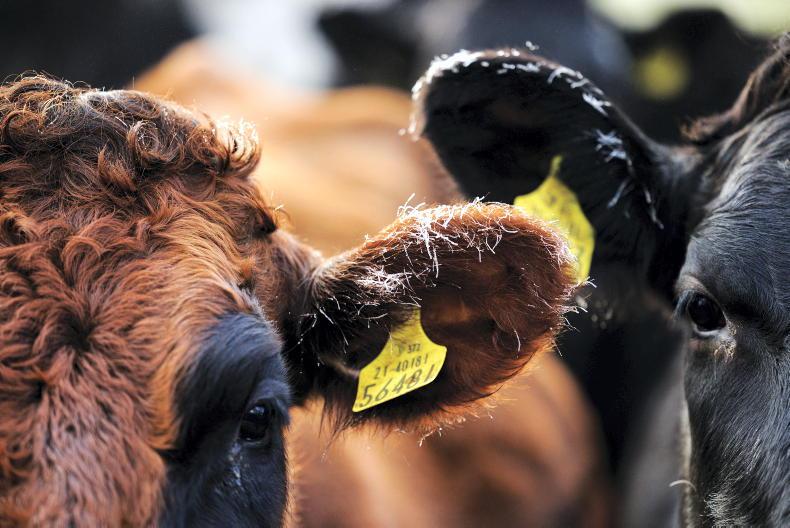The risk of Bluetongue virus (BTV) spreading amongst livestock has reduced due to lower midge activity, the Department for Environment Food and Rural Affairs (DEFRA) announced.
As a result, the UK is now in a seasonally vector-low period when midge activity is much lower, leading to some changes to disease control measures for BTV-3.
BTV-3 is the new strain of bluetongue currently being found in northern Europe and the UK, and is mainly transmitted via biting midge affecting cattle, goats, sheep and camelids such as llamas.
“The current weather conditions and time of year mean that Culicoides – the type of midge able to spread viruses, such as BTV-3 – are highly unlikely to transmit the virus to livestock,” Dr Marion England from The Pirbright Institute explained.
Under these conditions, she said, midges previously infected with BTV-3 are currently highly unlikely to transmit the virus.
The most active period for midges is during the warmer months in spring, summer and autumn, and midges can become newly infected with BTV and spread the disease when the weather is above 12° C for a sustained period.
“Midges infected in late autumn 2023 are now not likely to be a risk for spreading disease, because they usually die off during winter and are not actively biting when temperatures are below 4°C,” added Dr England.
Culling
Because of the reduced risk of transmission between midges and animals, DEFRA has taken the decision not to cull infected animals where test results indicate older infection and the presence of BTV-3 antibodies.
Infected animals may still be restricted at their current locations and other disease mitigation measures taken as appropriate.
The reduced risk from midges means that some restrictions on movements of live animals from the Temporary Control Zones (TCZ) can now be eased if they meet certain conditions, including testing negative in a pre-movement test. A licence is required.
Some restrictions on movements of animals into and within the TCZ have also been eased.
Surveillance of susceptible animals and epidemiological assessments within the TCZ will continue.
In the UK, Bluetongue virus, including BTV-3, is a notifiable disease, so anyone suspecting the disease must take action and report it to the Animal and Plant Health Agency (APHA).
The latest update from DEFRA on 1 February showed that there were three new cases of BTV in cattle and one case in a sheep at two premises within the ownership near Surlingham.






 This is a subscriber-only article
This is a subscriber-only article











SHARING OPTIONS: